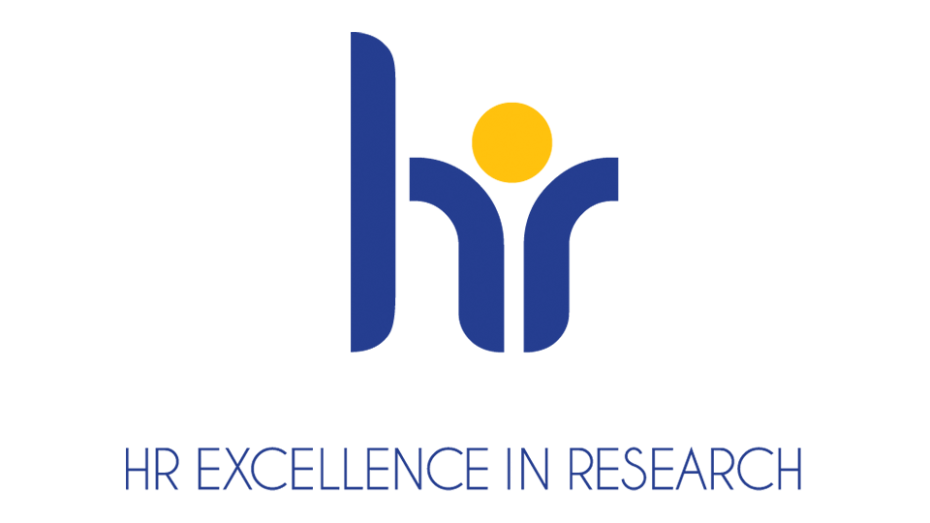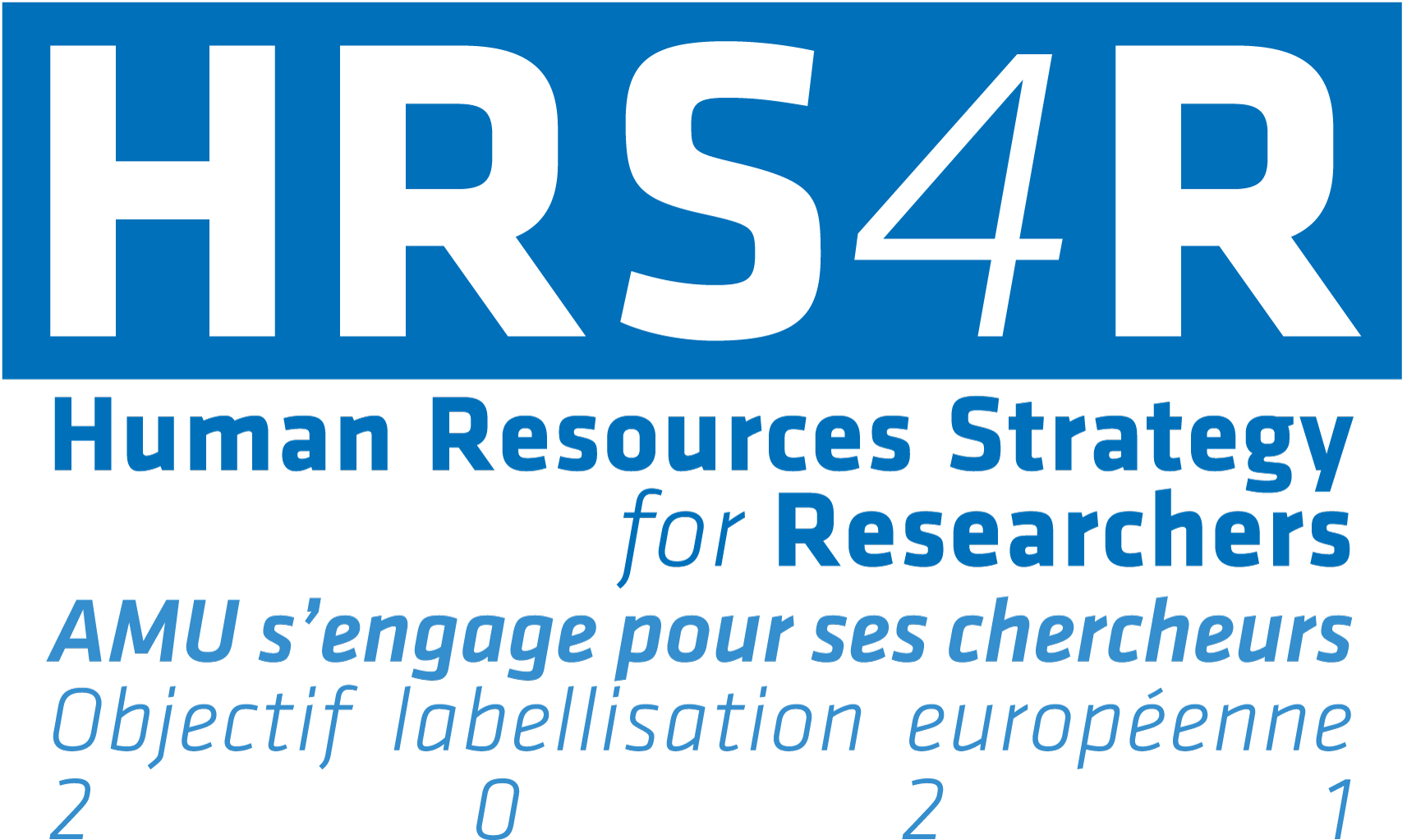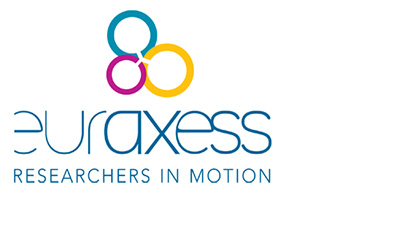An institution engaged in the HRS4R process has 12 months to finalise its action plan. Although ambitious, the HRS4R approach is nevertheless realistic and relies heavily on existing resources. Analysis, diagnosis and action plan are carried out with regard to national legislation and in the continuity of projects and master plans and actions already implemented within AMU, in coherence with the strategy of our university.
AMU chose a project-focused organisation, governed by an HRS4R steering committee, with the implication of a dedicated project team and 5 thematic Working Groups, representative of the entire research community, including the different levels of management of the university (unit, component and governance) and mobilising the expert staff in the central departments.
This project, which is politically led by the Vice-Presidents for Human Resources and Estate, Quality of Life at Work and Research, is co-driven by the Human Resources Department (DRH) and the Research and Valorisation Department (DRV).
The main steps of the initial phase
- An initial analysis of the internal rules and practices has been initiated to assess the state of implmentation in AMU of the forty principles of the European Charter for Researchers and the Code of Conduct for the Recruitment of Researchers (C&C) and an what extente our recruitment policy is open, transparent and merit-based (OTM-R) .
This "macro" approach carried out by the project team led to identify the main trends, strengths and weaknesses of AMU in terms of recruitment and career, quality of working life and internationalisation. - Soon after the launch of the project and the first information and awareness-raising activities, a wide-range survey targeting entire research community on key HRS4R-related issues was organised
- Five Working Groups (WG) were set up to further the analysis on current practice and formulate proposals for the action plan.
The five prioritiesstructuring our HRS4R approach were chosen in the light of the preparatory pre-analysis of the situation at AMU, the university's political agenda, the results of the AMU internal survey, and taking into account the points of attention of the European Commission. - The synthesis of the work of these WGs and the integration of the priorities of the new governance team elected in 2020 led to the drafting of an action plan for the next five years, validated by the university governance bodies.
- The action plan was presented to the scientific community, through its internal committes and during a public event on February, 1st 2021.
Focus on the Working Groups
WG 1: Support for doctoral students
Doctoral students are a full-fledged target of the HRS4R (R1). They are an important population in the European research policy (e.g.: initial training, strengthening the European Research Area) and of the HRS4R (e.g.: strengthening the attractiveness of the research profession and high level skills).
The University framework contract devotes a specific section to actions for doctoral students (e.g.: doctoral student guide and supervisor's guide, international thesis co-direction; setting up the Maison du Doctorat; better professional integration of doctoral students). In terms of international attractiveness, doctoral students are also a priority in the institutional strategy: the University must progress to improve the proportion of international doctoral students in the overall workforce (approx. 39% at AMU compared to 41% at the National level).
AMU and the Doctoral College have experimented, through the European project H2020 COFUND DOC2AMU, new modalities of organisation and practices: recruitment, training based on the principles of the innovative European doctorate (the 3I: intersectoriality, interdisciplinarity and international dimension of the doctoral student), training content (initial training and training on transversal and transferable skills), doctoral projects and individual support. AMU is also committed to extending these principles, as far as possible, to the whole community of doctoral students in Aix Marseille and to be a driving force in our region for the promotion of these good practices.
WG 2: Recruitment and Career of the Researcher
The objectives of this WG are to respond to the challenges of the European Research Area (ERA) by proposing concrete actions in the field of :
- Ethics and professional responsibilities
- Attractiveness
- Open recruitment
- The mobility of researchers
The jobs and career prospects offered by the institution must be legible and attractive both nationally and internationally. AMU is committed, through its framework contract and several master plans (HR, disability, quality of life at work plan, gender equality, etc.), to a process of continuous improvement of its human resources.
In addition, AMU has already placed themes such as welcoming and integration, training and professional development, support and development at the heart of its HR policy.
The HRS4R certification process is therefore aligned with the actions already undertaken to reinforce the visibility of AMU scientific potential and to increase its attractiveness.
WG 3: Quality of working life
The challenge for Aix-Marseille University is to develop an ambitious conception of the quality of working life (QWL), taking into account current changes in the environment of Higher Education and Research and in its internal organisations, the increase in commuting time for workers, the information overload and the intensification of work. These transformations are all opportunities to combine improved performance and working conditions.
The objectives of this WG are to work on actions that will :
- Improve working conditions
- Provide a personalized and comprehensive local service
- Support "researchers" in their management roles
WG 4: Open Science
The European Union's research and innovation policy focuses on the "3Os": Open Science, Open innovation and Open to the world. European initiatives have been launched to strengthen Open Science: the launch of pilot projects in Horizon 2020, legal developments around copyright, policy recommendations (FAIR principles), the launch of the European Open Science Cloud (EOSC), a flagship priority in Horizon Europe, etc.
Open Science is a key theme to obtain the European label and to suceeed in the Horizon Europe programme. Thus, the report "Open Science Policy Platform", which sets out the 8 priorities for the effective implementation of open science in the practices of researchers and institutions, explicitly calls for the HRS4R label to be made conditional on the implementation of practices that promote the implementation of open science within institutions.
AMU is developing an ambitious policy in favour of Open Science, within a favourable National context (Appel de Jussieu, National Plan for Open Science). This is marked by achievements such as those made by the AMU Academic Libraries (SCD) (setting up the HAL-AMU open archive and the Odyssey digital library, support for open science support infrastructures, support for bibliodiversity), and the actions carried out by the Scientific Culture Unit, the international influence provided by the Joint Service Unit Open Edition Center (CLEO), operator of the main European platform for SHS Openedition publications, participation in European pilot research projects, which can only be successful because their data are open data (notably Fet Flagship Human Brain Project/eBRAINS), etc.
The university framework contract made open science a strong development priority with the obejctive of establishing a policy for the management and openness of its research data, in line with the success of HAL-AMU. In this respect, the launch of the 'Research Data' Group, as part of the Digital Master Plan, is consistent with this labelling approach.
WG 5: Welcoming international Researchers
One of the major challenges of the HRS4R label is to contribute to strengthening the attractiveness and international influence of the institutions that start the process, by improving their internal procedures to be more open, particularly in recruitment.
The attractiveness of AMU and its internationalisation are major challenges for our university. Several actions contribute to this: A*MIDEX strategy, coordination of the European CIVIS Alliance, AMU international policy, participation in European research programmes, IMERA, membership of Euraxess France in 2017 and deployment of the associated actions and services around the Euraxess desk dedicated to researchers, etc.
Nevertheless, the recruitment rate of foreign contractual and statutory researchers is below the national average. Likewise, the conditions of welcoming and intgrating foreign researchers and teacher-researchers are not optimal.

Logo created at the launch of the initial phase at AMU to mark the community's commitment

Documents and Resources
- European Charter for Researchers and Code of Conduct for the Recruitment of Researchers
- HRS4R on the Euraxess website
- File HRS4R to AMU: Letter AMU November 2019
- Letter of commitment (by President Berton February 2020)
- Action Plan: FR and ENG
- Organigrams 'project phase' and 'implementation phase': FR and ENG
- Working Groups: Members
The key stages
- 1 June 2019: Letter from President Yvon Berland sent to the EC requesting official commitment of AMU.
- June 27, 2019:Official launch of the process
- July 2019: Survey of the scientific community - call for applications for participation in Working Groups
- September 23rd: Kick-off meeting of the 5 working groups set up
- December: End of work in WG: first proposals for an action plan (Version 1)
- January 2020 : Election of new AMU governance
- January 2020 : Re-engagement of the University by letter from President Eric Berton
- 1st quarter 2020 : Synthesis of the proposals made by the WGs
- 2nd half of 2020: Integration of the priorities of the new AMU governance into the action plan, particularly in terms of QVT, commitment and responsibility, gender equality, careers.
- December 2020: Validation phase of the action plan with the WG coordinators and AMU governance.
- January 2021 : Presentation to the Trade Unions and AMU bodies.
- February 1, 2021: General presentation to the whole scientific community
- 12 February 2021: Submission of the file to the EC
- 29 April 2021: Label Granted (visit this page to see the labeled institutions)
The European framework for scientific careers establishes 4 profiles of researchers* :
- R1 : first level researcher (up to PhD); e.g.: contractual PhD student; ATER, BIATSS civil servants or contractuals with a degree to start a PhD.
- R2 : recognized researcher (doctor or equivalent not totally independent); e.g. Post Doc, ATER, BIATSS civil servants or contract workers with a research activity for at least 4 years or and a doctorate.
- R3 : confirmed researcher (independent researcher - holder, scientific coordinator of a project); Ex: MCF/MCU PH, LRU researcher at MCF level; Associate at MCF level.
- R4 : Principal Investigator/Leader (eminent researcher in his or her field). Ex: PR/PU PH, Astronomer physicist, LRU researcher PR level, Associate PR level.
* the term "researcher" is commonly used by the European Commission to refer to all scientists including PhD students, teacher-researchers, contract researchers, etc...
The Working Groups
- WG 1: Support for doctoral students. AMUBox file
- WG 2: Recruitment and Career. AMUBox file.
- WG 3: Quality of working life.AMUBox file.
- WG 4: Open Science. AMUBox file.
- WG 5: Welcoming International Researchers. AMUBox file.


